Alexander Stewart × Credit Karma
It might seem a little weird to hear about financial responsibility from a musician... until you realize that it's a lot easier to follow your dreams...
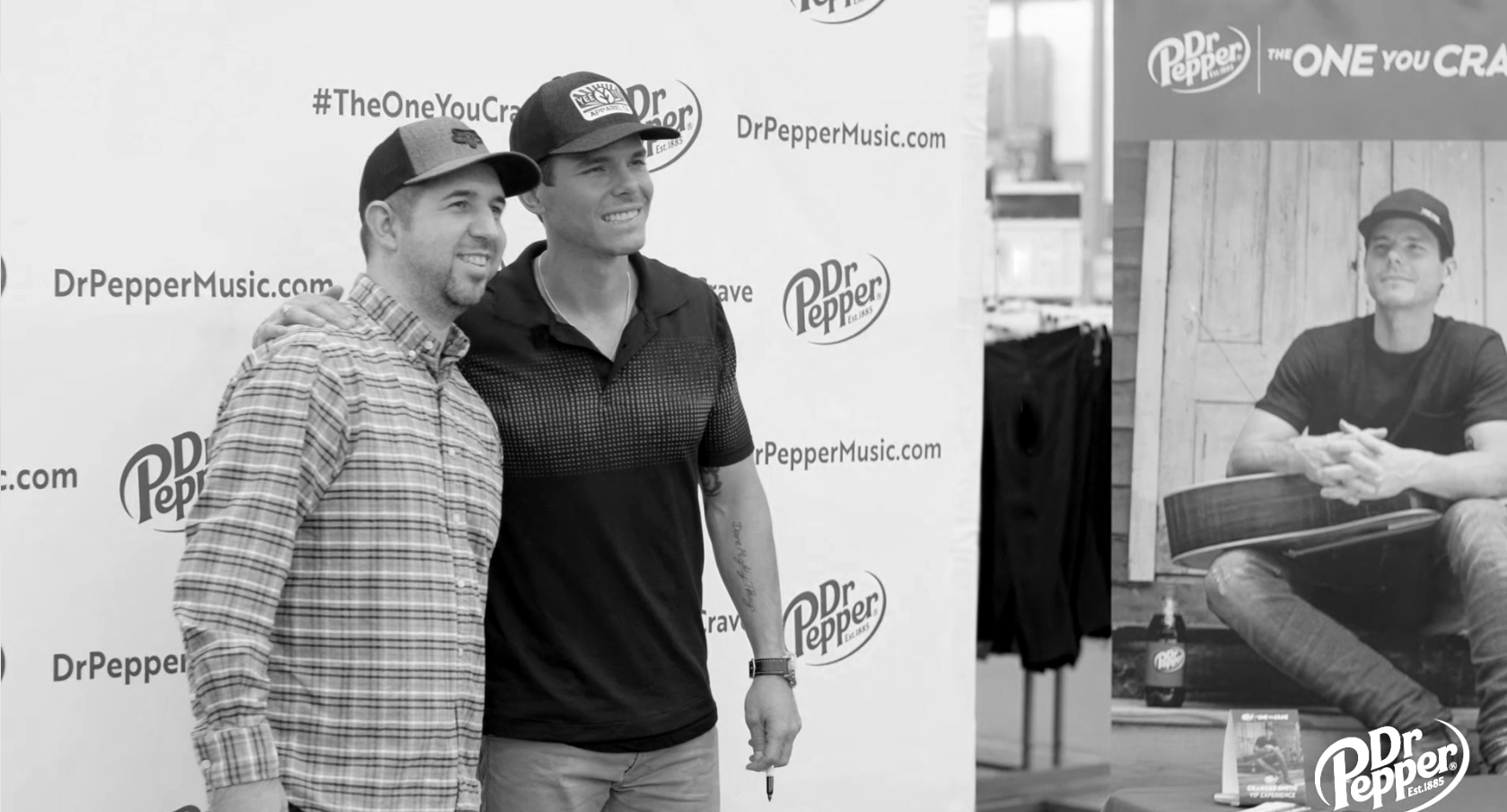
Note: this article was originally published via brandchannel.
Can you find your next 5,000 customers? An IAB report about the shift toward a direct-to-consumer economy advised marketers to do just that, because as IAB President Randall Rothenberg put it: “Big brands are being nibbled to death.”
But the direct-to-consumer model isn’t new. More than a century ago, when Sears launched its famous catalog, direct-to-consumer was the prevailing model. What’s new is that technology makes it possible to personalize the consumer experience.
And that’s really the key: Personalization. It’s a must for today’s consumers. According to Accenture data, 60 percent of consumers prefer brands that provide personalized real-time promotions and offers. In a survey of more than 2,000 consumers, 78 percent of respondents said they’ll take advantage of an offer only if it has been personalized to reflect previous engagement with the brand.
Of course, personalization provides benefits to brands beyond meeting consumer expectations. Chief among those benefits is the potential to reduce customer acquisition costs by as much as 50 percent, while increasing the efficiency of the marketing spend by 10 to 30 percent, according to McKinsey research.
Unsurprisingly, personalization is all about how marketers acquire and manage data. Where a legacy company weighs its media spend against sales to achieve some crude approximation of efficacy, brands that focus on owning the direct relationship with the customer can close the loop with certainty.
Consider men with beards. To a legacy company that’s spent years focusing on frequent shavers, bearded men might seem to exist in a dark void outside the sales funnel. If those men buy the occasional razor to clean up the edges of their beards, those sales appear as noise. But millions of men have beards, and their seemingly random one-off purchases aren’t really noise. In fact, for a direct-to-consumer brand like Dollar Shave Club, the bearded customer is another signal to identify, scale and serve with content that appeals to this unique segment.

But the critical insight isn’t the ability to target. The reason direct-to-consumer brands are thriving is that they’re able to tap into the personalized economy by solving a problem many of us experience in our everyday lives. Direct-to-consumer brands ask potential customers for personal information in order to better serve them — and research shows that a majority of consumers understand and appreciate this request. Some large traditional brands are starting to take a page from that playbook: Taco Bell has found success by offering a POS system that gives customers the ability to customize their orders with an incalculable number of variations.
Few of us have time to go to the grocery store and cook, but Blue Apron and HelloFresh are designed around that specific (and very personal) pain point. Getting a picture framed isn’t just expensive, it’s a hassle. Framebridge literally bridges the gap between the consumer and the framing specialist. Rent the Runway isn’t just an e-commerce clothing play, it’s the equivalent of a friend who always has your size and doesn’t mind you raiding her closet.
Legacy companies can meet the challenge of finding their next 5,000 customers by breaking into the direct-to-consumer model through acquisition or internal incubation, but for the vast majority of marketers, the most likely scenario will involve increasing their brand’s personalization capabilities through the use of third-party data. The challenge is sourcing the right third-party data—the kind that drives personalization and purchase behavior, as opposed to delivering incremental upticks in media targeting.
One good place to start is to consider the consumer pain point you want to reach, then push your agencies or internal teams to deliver data that speaks to that pain point in a personal way. If the vendor’s solution sounds like a ready-made media plan, it’s probably not what you’re looking for. Instead, push your vendors to think small to find the personal. A clothing brand that targets men isn’t personal. But a clothing brand that understands the man who hates shopping and builds a better experience around that specific consumer and his personal need is on the right track to finding its first 5,000 direct customers.
Smart legacy brands are already taking direction from the direct-to-consumer strategy, looking for new ways to increase personalization and their brand awareness can be a major advantage if leveraged correctly. These companies have already discovered that greater personalization drives consumer purchases, and isn’t that the bottom line?
Michael Provus is Chief Revenue Officer at Music Audience Exchange (MAX). Prior to joining MAX, he was Chief Revenue Officer and Publisher for Rolling Stone, a Penske Media Company, where he drove multiplatform partnerships around key cultural moments with more than 50 brands at the Super Bowl, The Grammys, Lollapalooza, SXSW and the CMA Awards.

It might seem a little weird to hear about financial responsibility from a musician... until you realize that it's a lot easier to follow your dreams...
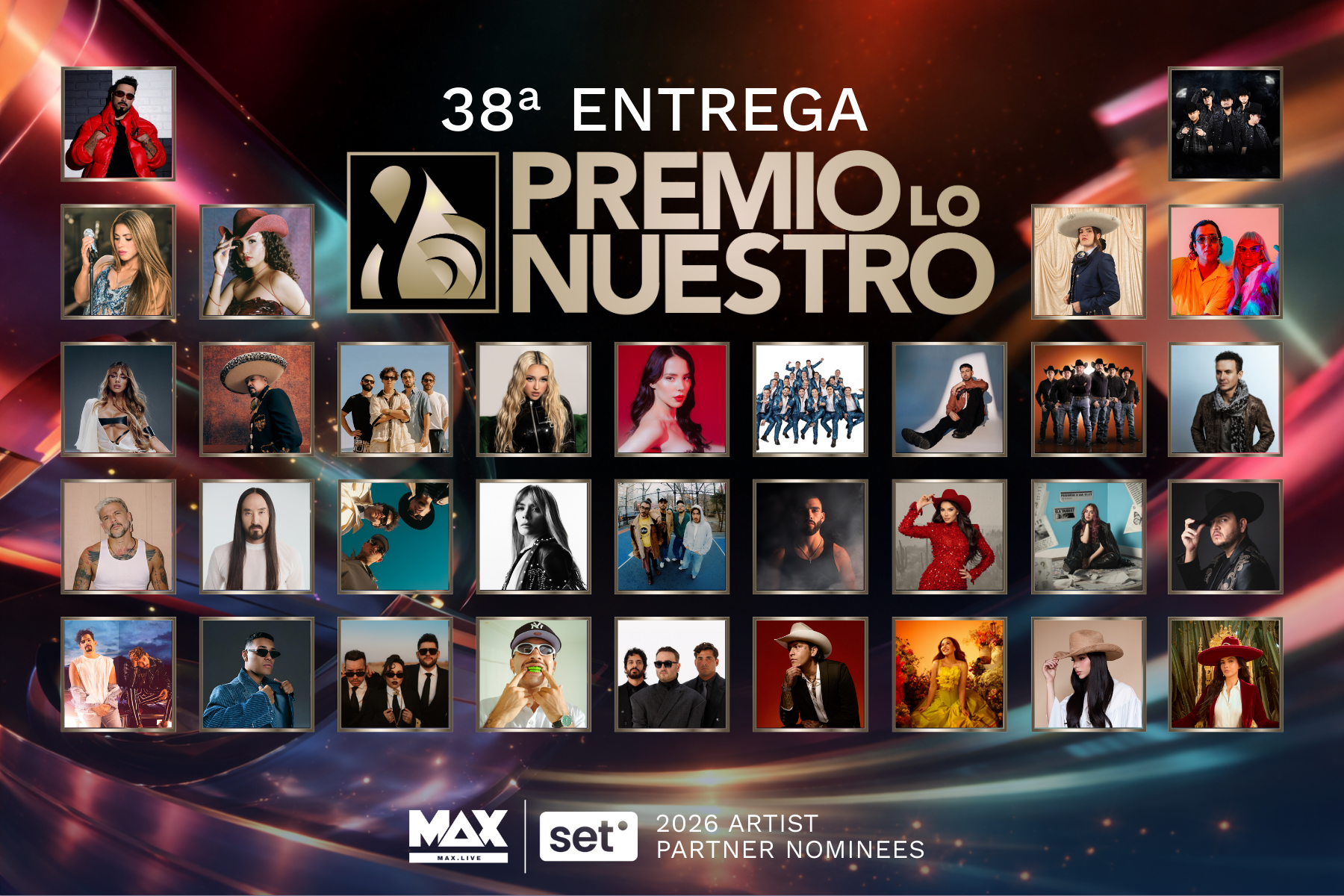
Just when I think our artist partners can't get any more awesome...
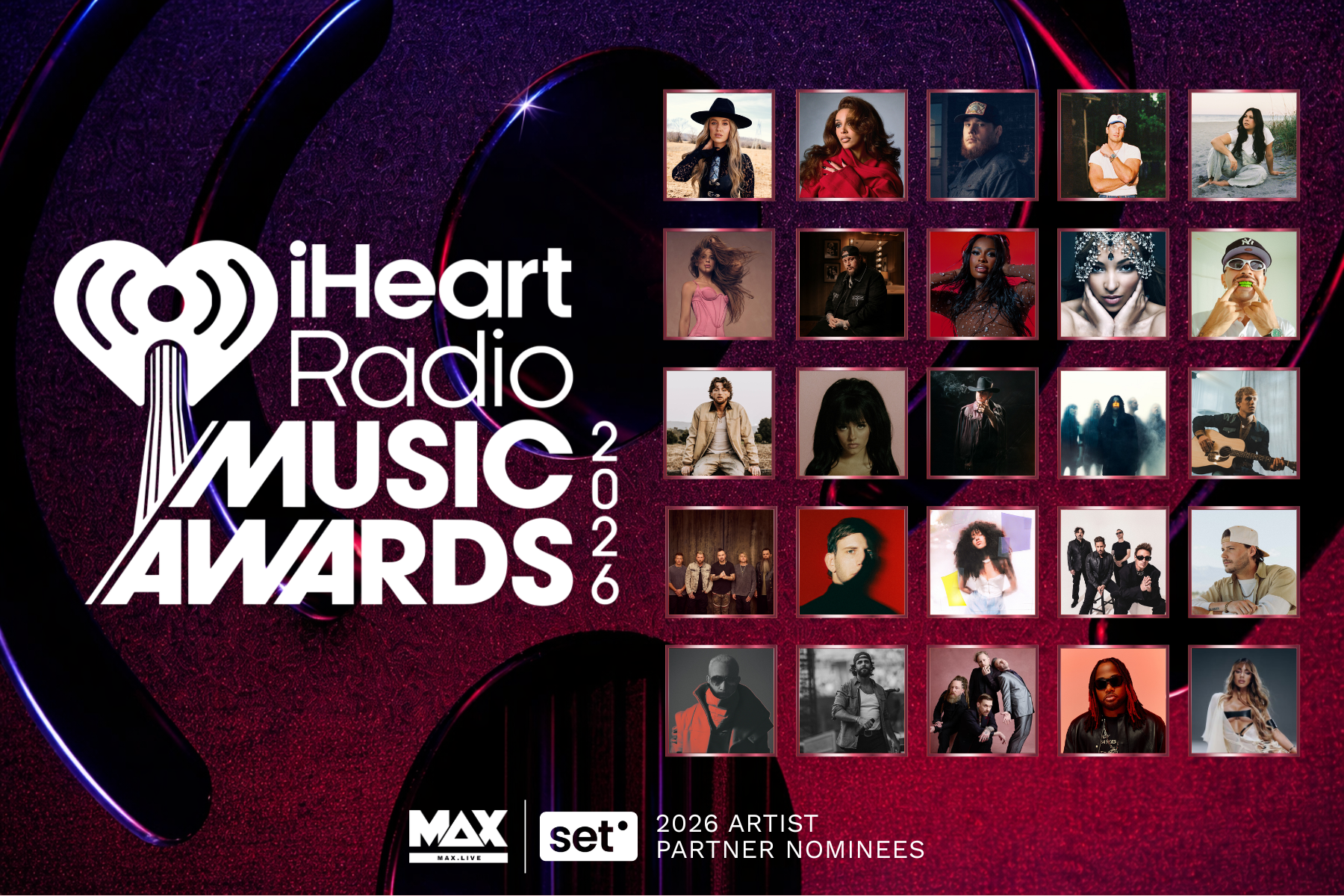
These artists can't stop, won't stop (getting nominated for giant piles of awards)!
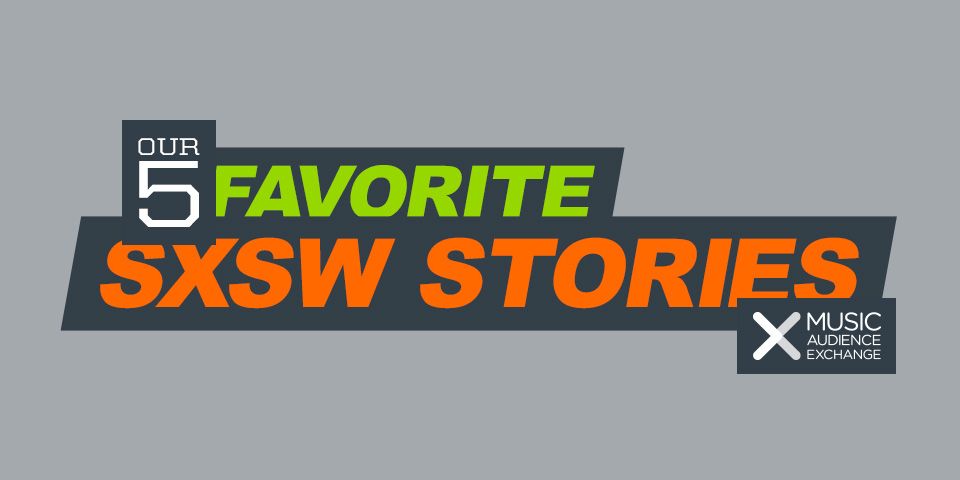
South By Southwest (SXSW) is always a whirlwind, and we can’t wait to go for a spin in the future. Here are a few of our favorite trends and stories...
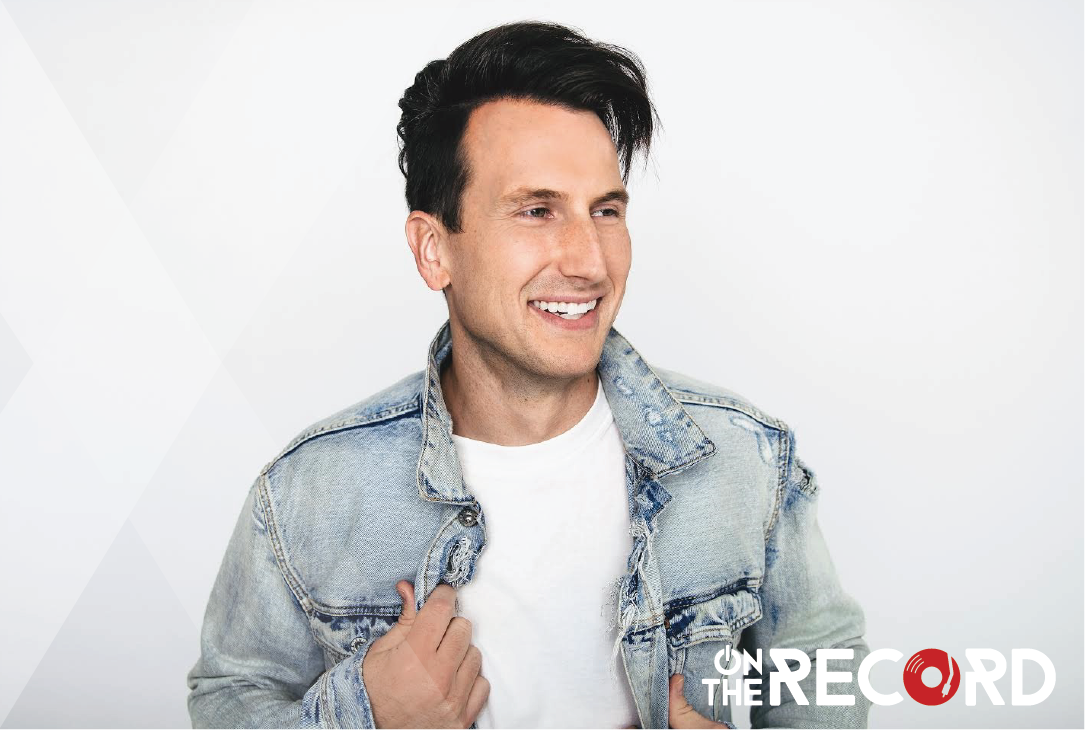
Fresh off the Country Music Awards, we’re excited to host Russell Dickerson, an American country and pop music singer-songwriter from Nashville,...
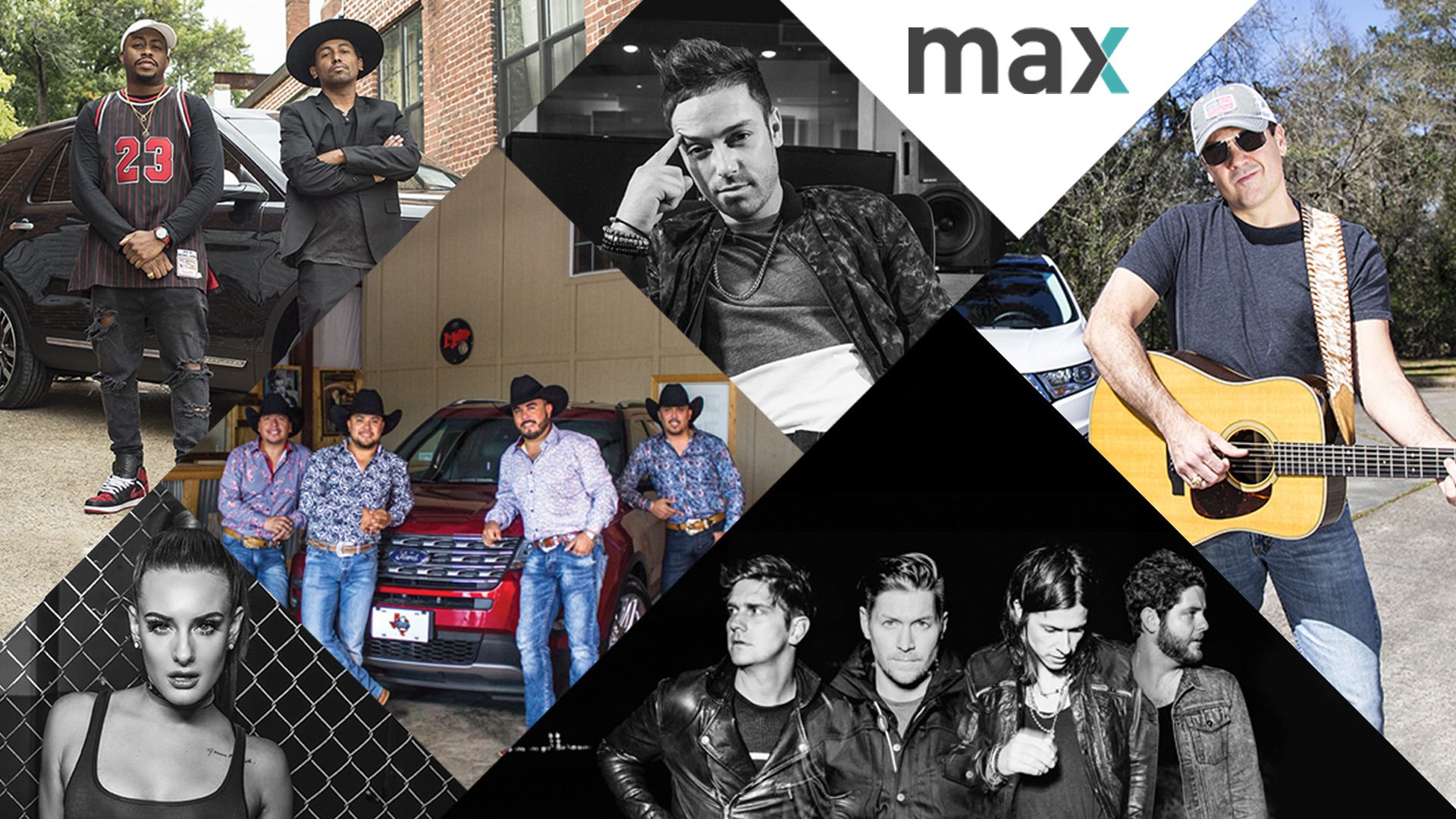
2016 already feels like three years ago, doesn’t it? But we’d be remiss if we didn’t take one final look back on how the year brought so many great...